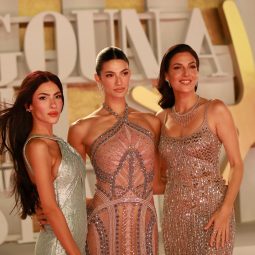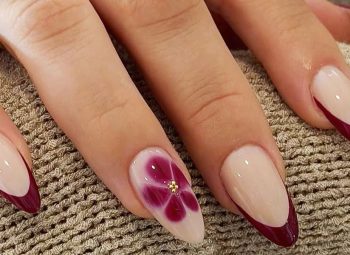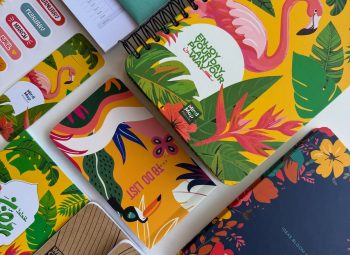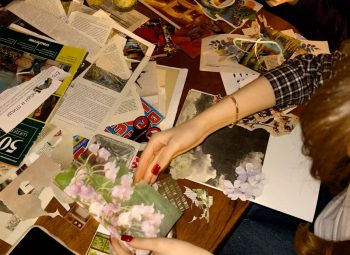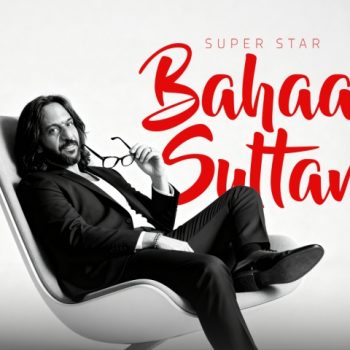Ask music fans who are Cairo’s top acts and you’ll invariably find Shady Ahmed being mentioned by most. As one of the most recognisable names on the live music circuit in Cairo, we caught up with the acoustic ace – and his band – - ahead of their gig at the Music Tent on a night that saw Cairokee headline a huge night of music.
Thanks for meeting with me fellas – I know you have a big night. So, how did ‘Shady Ahmed’ become ‘the Shady Ahmed Band’?
Shady: Well, there are four band members; Marwan Zaki on drums, Mallwany on bass and Ousso on guitar – and me of course. Ousso and I date way back, actually. We originally met during SOS [music festival] and we’ve been playing together for some time now. We’ve worked on two different projects before this one and we just have musical chemistry. Mallwany and Omar joined later.
Ah, SOS! What was the thinking behind it?
Ousso: The main reason is that I was so bored with mainstream music. I was playing mainstream music just to make a living, but the money would make from playing it was invested in music that I love. Another reason behind starting SOS was the fact that most of the bands at that time were copying each other. Nobody was being original. Before SOS there were only maybe four or five bands producing original music, but when SOS gained momentum, there were maybe 60!
At the time, the gap between mainstream and underground bands was so big that there was no indie music scene to speak of. SOS brought bands together and the gap became smaller because audiences and bands started becoming aware of each other.
Good times. Whatever happened to it?
Ousso: We stopped for several reasons, but it was mostly down to not being able to get sponsors on board year in, year out. The festival was free of charge, so we depended entirely on sponsorship. That element of the project was really unpredictable – this year they’re looking to support or invest in music, the next might be sports, for example. It was very successful for four consecutive years, but they then decided to invest in something else. It doesn’t matter if you’re successful or not; they’re just not interested anymore.
You released your debut album back in 2012 – how have you changed musically since then?
Shady: There are a lot of differences between the album and this project. The main difference is the language. Life Is Hard for Those Who Dream was in English, but this project is in Arabic. We produced the album with the help of some of Cairokee members, as well. It was recorded a week before the revolution. When we came back to Cairo, Cairokee was already making it big, so we sort of tweaked and changed our style.
Mallwany, you seem awfully quiet – how did you get into this crazy thing called the music industry?
Mallwany: It was never really a conscious decision. It definitely came naturally; my parents are musicians and it was always around me, so naturally I fell in love with music and decided to be a musician myself. I started playing the guitar and the piano at first, so yeah; I’ve been playing for the better part of my life.
Up-and-coming musicians find it hard to break into the industry – why is that?
Marwan: People’s tastes are narrow in a way. People tend to stick to a single genre and only one style of music. It’s hard for them to broaden their horizon and expand their musical taste, especially in Egypt; we’re generally not accepting new music and sounds. It makes it hard to truly express yourself on your own terms. It’s sad, but if you want to be a professional musician in Egypt, you will at some point play what the audiences and the venues want to hear; you have to compromise your own style – that’s how you get exposure.
Yeah, the struggle is most definitely real. I assume that when you say ‘audience’ you mean the usual face you find at the bars and clubs that you perform at – but what can real fans do to help musicians?
Mallwany: You can’t call yourself a fan of an artist or band unless you buy their albums of and go to their shows. Sometimes I travel to see a band live. You have to give back to the artist. Think of it this way; if you don’t support the artist, he’ll eventually change careers. This is especially true in Egypt. They need to make a living.


